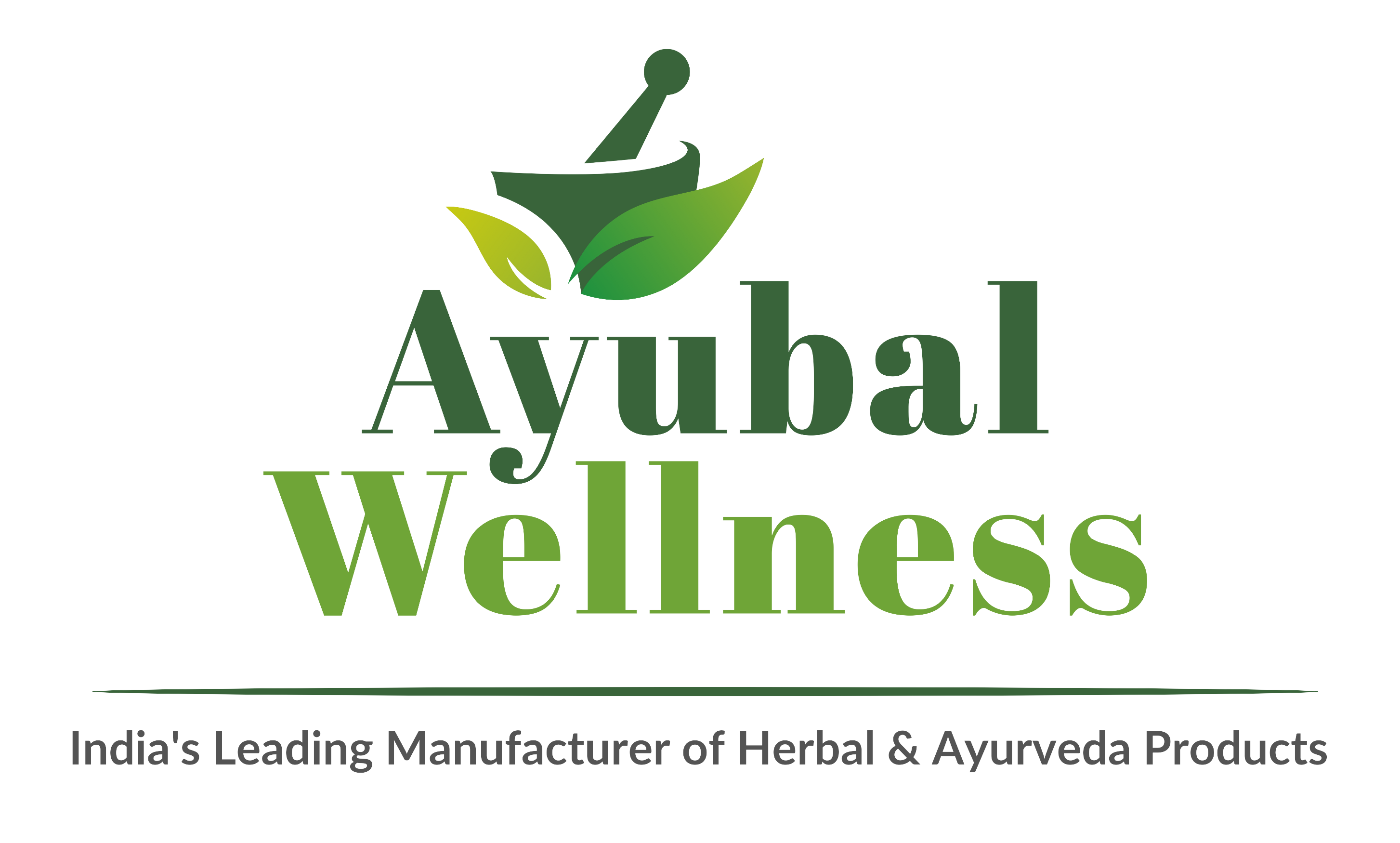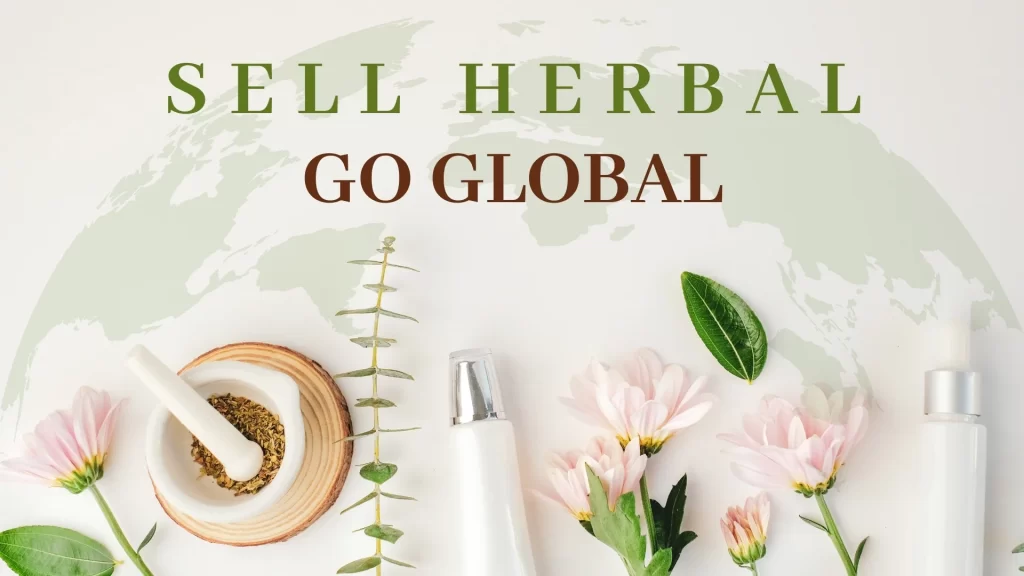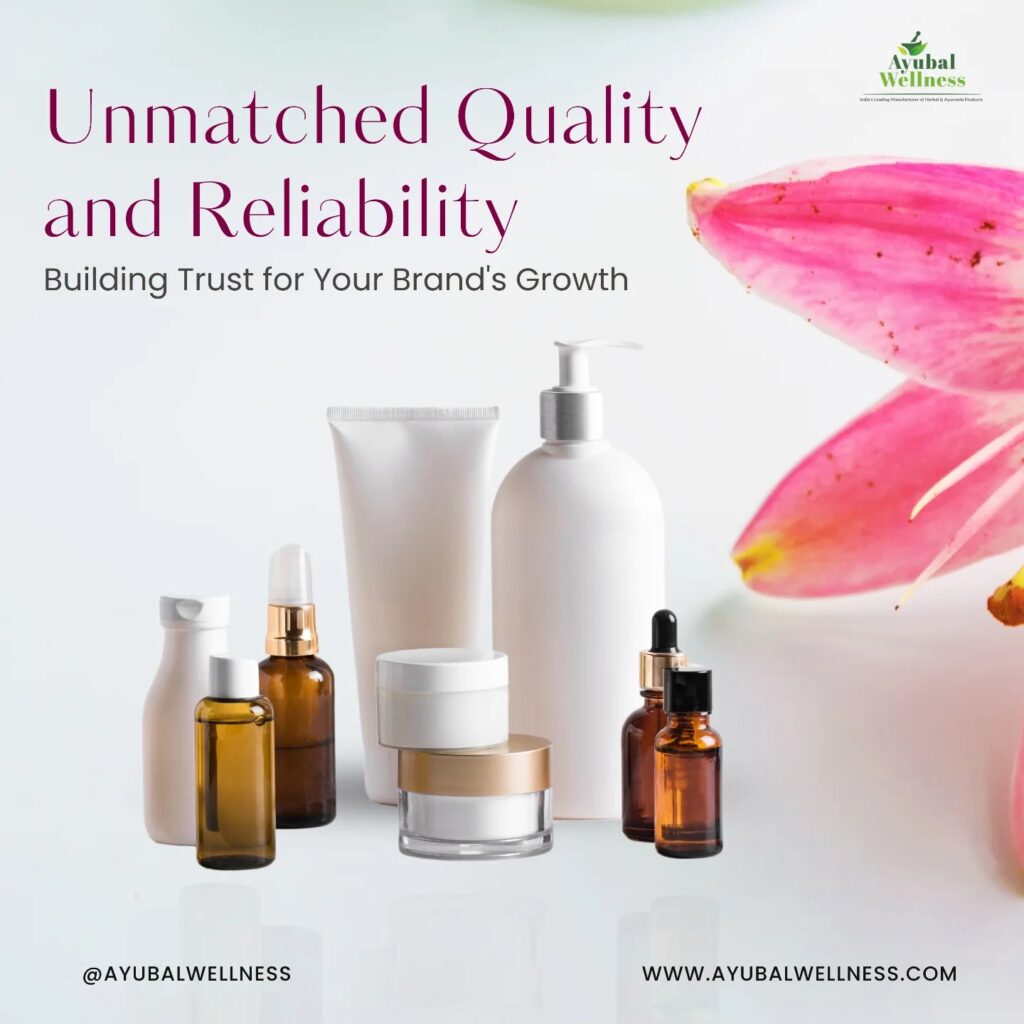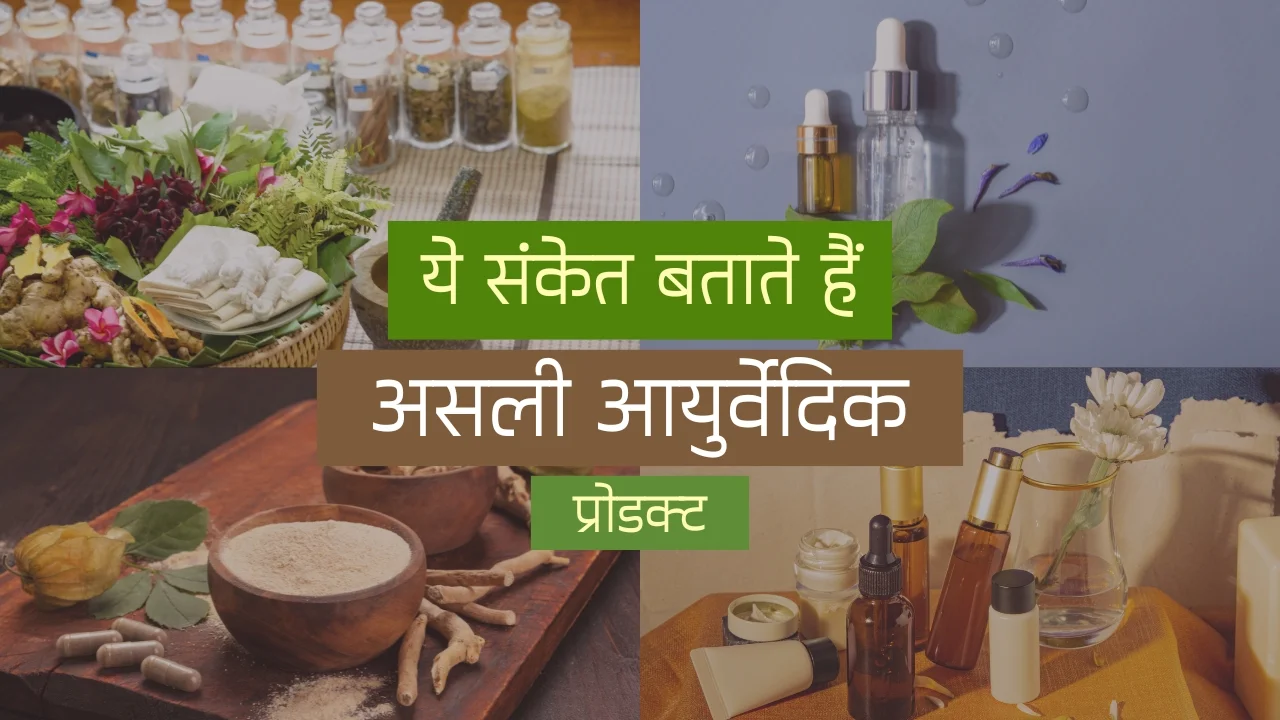It is vital for manufacturers to have the proper certification needed to reduce the regulatory barrier to entry. Failing to have the proper compliance can have legal consequences, rejected shipments, and loss of trust from consumers. Each country has its own regulatory framework: the U.S. FDA, European Union’s GMP, Australia, AYUSH in India, WHO, and more. In order to ensure smooth market access and long-term economic sustainability, manufacturers must engage with the country’s regulatory framework.
Ayurvedic and Herbal Products
This guide is a step-by-step review of how to certify a herbal product for trade internationally. When businesses understand the regulatory requirements or recommendations, prepare associated documentation, and meet compliance expectations, they can bring value to their business, gain consumer confidence, and establish new avenues for growth in the international herbal and Ayurveda market.
Why Certification Matters in Herbal Product Export
Getting certified internationally is not simply a legal requirement; it ensures trustworthiness, quality of product, and consumer confidence. Certified products have the benefit of smoother exporting, consumer acceptance, and a competitive advantage.
Key Benefits of Certification:
- Ensures compliance with international safety and quality standards
- Facilitates smoother customs clearance and trade approvals
- Enhances brand reputation and consumer confidence
- Expands access to high-demand markets like the US, Europe, and the Middle East
With regulatory bodies instituting strict quality requirements, code compliance is essential for companies to avoid penalties and sales barriers.
Step-by-Step Guide to Certifying Herbal Products for Global Markets
Step 1: Identify Target Export Markets and Their Regulations
Every country has specific regulations for herbal and Ayurvedic products. Understanding what the regulations are, is the first step in getting certified.
Major Regulatory Authorities and Their Standards:
- India: FSSAI (Food Safety and Standards Authority of India), AYUSH Ministry
- United States: FDA (Food and Drug Administration), NSF Certification
- European Union: EMA (European Medicines Agency), EFSA (European Food Safety Authority)
- Middle East: SFDA (Saudi Food and Drug Authority), Dubai Municipality
- Australia: TGA (Therapeutic Goods Administration)
Before beginning certification, research country-specific guidelines to ensure compliance with local regulations.
Step 2: Ensure Good Manufacturing Practices (GMP) Compliance
Most global certifications require herbal product manufacturers to adhere to Good Manufacturing Practices (GMP). This involves:
- Maintaining a hygienic production environment
- Conducting quality control at every stage of manufacturing
- Ensuring traceability of raw materials
- Conducting stability testing for product shelf-life
Many markets demand WHO-GMP or ISO 22716 (Cosmetic GMP) certifications to verify that herbal products meet global safety standards.
Step 3: Obtain Essential Certifications for Global Trade
Depending on your target market, different certifications are required.
1. FSSAI Certification (India)
- Mandatory for food-based herbal products in India
- Ensures compliance with food safety and labeling regulations
- Required for export approval from India
2. AYUSH Premium Mark (India)
- Certifies Ayurvedic, Siddha, and Unani (ASU) products for export
- Ensures adherence to traditional medicine standards
3. US FDA Registration (USA)
- Mandatory for herbal supplements and food-grade products entering the US market
- Ensures compliance with Good Manufacturing Practices (GMP) and GRAS (Generally Recognized as Safe) standards
4. EU Organic Certification (Europe)
- Required for organic herbal products in the European Union
- Ensures compliance with strict pesticide and chemical residue limits
5. HALAL Certification (Middle East, Malaysia, Indonesia)
- Required for selling herbal products in Muslim-majority countries
- Ensures ingredients and production processes meet Islamic guidelines
6. NSF Certification (USA, Canada, International)
- Validates herbal product quality, safety, and ingredient purity
- Recognized by major retailers and regulatory bodies
7. COSMOS Organic Certification (EU, International)
- Certifies organic and natural cosmetic products
- Required for herbal beauty and personal care exports
Manufacturers should apply for relevant certifications based on their product categories and target export destinations.
Step 4: Conduct Lab Testing and Product Validation
Before applying for certifications, herbal products must undergo rigorous testing.
Common Lab Tests for Herbal Products:
- Microbial Testing: Ensures absence of harmful bacteria or fungi
- Heavy Metal Testing: Checks for lead, mercury, and arsenic levels
- Pesticide Residue Testing: Required for organic certification
- Stability Testing: Determines product shelf life and storage conditions
Accredited laboratories, such as NABL (India), US Pharmacopeia (USP), or Eurofins (EU), provide testing services to validate compliance.
Step 5: Prepare Documentation for Certification Application
Proper documentation is essential for a smooth certification process.
Key Documents Required:
✔️ Product formulation details and ingredient list
✔️ Manufacturing process flowchart
✔️ Certificate of Analysis (CoA) from a certified lab
✔️ Stability study reports
✔️ Labeling and packaging compliance documents
✔️ Exporter registration certificates (as required per country)
Certifying bodies may conduct audits and site inspections to verify compliance before granting certification.
Step 6: Implement Proper Labeling and Packaging Standards
Incorrect labeling is one of the biggest reasons for product rejection in international markets.
Labeling Guidelines for Export:
✅ List of ingredients with scientific and common names
✅ Batch number, expiry date, and manufacturing details
✅ Recommended usage, dosage, and storage instructions
✅ Country-specific language requirements (e.g., Arabic labels for Middle East exports)
✅ Certifications and regulatory approvals on packaging
Following correct labeling guidelines prevents trade delays and product recalls.
Case Study: Successful Ayurvedic Brands with Global Certifications
Himalaya Wellness – Certified by US FDA, EU Organic, and FSSAI, successfully exports herbal supplements worldwide.
Patanjali Ayurveda – Secured GMP, Halal, and organic certifications, expanding its presence in Gulf countries and Europe.
Dabur – Complies with multiple certifications, including NSF and COSMOS, to market Ayurvedic personal care products globally.
These brands demonstrate how strategic certification opens doors to international success.
Latest Trends in Global Herbal Product Certification
✔️ Rising Demand for Organic and Clean Labels: Consumers prefer certified organic and chemical-free products.
✔️ Blockchain for Transparency: Some companies now use blockchain to verify supply chain integrity in herbal sourcing.
✔️ Eco-Friendly Packaging Requirements: Many markets, including the EU, now demand sustainable packaging for herbal products.
Manufacturers must stay updated with evolving regulations to maintain compliance and market competitiveness.
Why Partner with us for Certified Herbal Products?
It can be complicated for companies to navigate global certification and regulatory compliance when expanding their businesses. Whether it is GMP approvals or an FSSAI approval, or just internationally recognized quality standards, being operationally compliant will offer a more efficient pathway for shipping exports to other countries. Not to mention, the unnecessary costs you may incur after you have waited months or years to get the certification in which a country may not be able to accept, or over charges for plant audits that may lead to an undesirable review, wait it out, or worse, encounter a rejection.
At Ayubal Wellness we manufacture certified high quality herbal and Ayurvedic products that meet rigorous global regulators for compliance. We take pride in being GMP compliant, FSSAI compliant and internationally compliant, so our partners can feel comfortable tapping into new countries that we are familiar with and have proven business relationships; but also alleviates the concerns that compliance is a barrier for growth.
With our strong commitment to authenticity, quality and ethical sourcing, we are becoming a trusted platform for business growth in the wellness industry. If you’re looking to expand your business with certified herbal products, Ayubal Wellness is a solution; and if there’s more we can support you with around compliance, manufacturing or strategy in the global market, then we are a perfect fit for a seamless export. Call us today to find out more about consulting and support with certification—let’s grow your brand!






